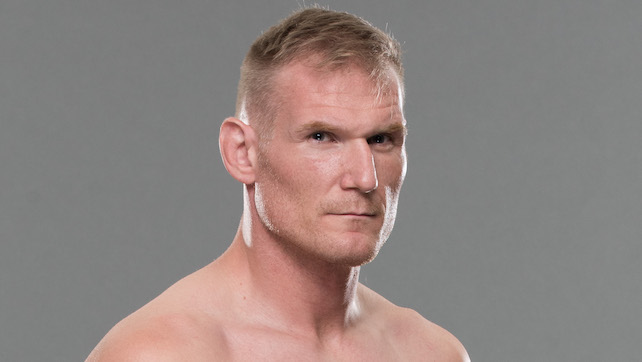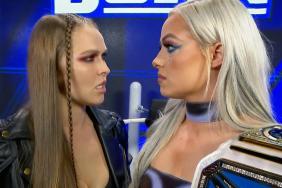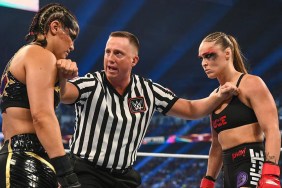Josh Barnett recently spoke with Tim Fiorvanti for ESPN.com; you can read a few highlights below:
Josh Barnett comments on breaking into professional wrestling after his MMA career ended, working with Yuji Nagata in his first match:
“When it came to moves, I mean, moves are moves. I think if you know how to suplex somebody, even in an amateur environment, how to throw people safely from judo, and the concepts of wrestling, it’s not really hard to then pick up [everything else]. It was all very easy to work with Nagata. He’s such a professional and so skilled, and so good at what he does.”
“It was just a matter of learning the ring itself, the environment. There are a lot of subtle things that are very, very important in wrestling, and to pick those up just takes time and experience. The only way that I really feel is best to do that is to go on the road. I learned every day by showing up early and leaving late.”
Barnett comments on how Ronda Rousey might fare in pro wrestling:
“If she’s passionate about it, and serious, her judo background gives her a great starting point. She already knows how to fall, how to throw other people, and move and throw. She’s already an incredible athlete. If she loves wrestling, really wants to be a student of it and make a go of it, I wouldn’t be surprised in the least that she could be a great wrestler.”
Barnett comments on pro wrestling being very similar to MMA:
“Honestly, I feel like the more entrenched into professional wrestling I got, it became apparent to me that it was really a part and parcel with MMA. There wasn’t a whole lot of difference at all. If anything, I refer to it as the other side of the same coin. So by treating wrestling more like MMA, in terms of training and in terms of thought process, it made things so much easier.
Being able to be out there and live fully in that moment — [being] aware of the crowd, aware of your opponent — wrestling in Japan, going on tour and doing all of those matches, it made me a much better fighter. It allowed me to be more present in the ring, able to pick up on more subtle aspects from my opponent, from the environment itself, and to be that much more comfortable out there.”








